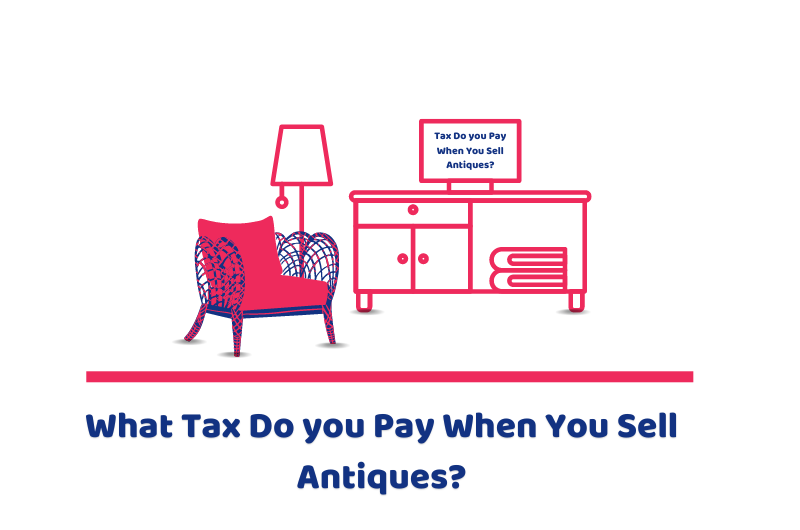We all aim to have a decorative place to live in with all the luxury and antique items. Some of us secretly wish to find out a secret place that might surprise us with undiscovered antiques from the past. You might not realise it but selling antiques can be one of the most advantageous business ideas that can help you increase your earnings on an interesting level. However, you will have to be careful about the tax on selling antiques when you are residing in the UK. You are on the right page if you have got some antiques already that you intend to sell now.
Before you finalise to start selling antiques, it is imperative to have a clear understanding of the tax implications it might bring for your business. Further in the discussion of this article, we will gather information about what exactly refers to as antiques, whether antique selling is taxable in the UK, and what are the tax implications on selling antiques and old properties.
Let’s create accurate bookkeeping ledgers with the help of tech-savvy accountants at the AccountingFirms. This will help to sort out the details of tax on selling antiques.
What Refers to an Antique and What is the Tax on Selling Antiques?
The items that are classed as old personal property that has a lifespan of around 100 years or more are referred to as antiques. Such collectables have high value in the market of products. There are different types according to the consideration of the lifespan of such products. Let us take the example of a product or collectable that has a lifespan between 20 to 100 years is known as vintage. This generally refers to the period between the 1900s to the 1960s. The number of tears has a direct relation with the century or period of the year a collectable belongs to.
Usually, the old game consoles from the parent’s collection are known to belong to the category of retro and the shades your parent has received from the grandparents belong to the class vintage. As teenagers sometimes kids do not realise the valuable collectables that parents keep at a distance. Neither they use it for themselves, nor they will let you touch them. Moreover, it is imperative to know here that every time period will have a different effect on the class of such collectables. If you observe, you will figure out that the clothing styles from the vintage and retro time periods are more popularised in comparison to antique clothing.
What is a Wasting Asset?
People often enquire about the difference between a wasting asset and a normal asset. A wasting asset refers to a collectable that has a short lifespan and such sites are even exempted from the certain kind of tax that is implemented on antiques or chattels. You can consider something a wasting chattel when it has a lifespan of 50 years but the capital gains are not implemented for them.
Is Antique Selling a Taxable Process?
There is no doubt that selling antiques and chattels bring in certain tax implications. The profits you will earn after selling will be charged with capital gains. There is a certain limit to the range of selling price. When you’re selling an antique within the range that is more than £6,000 but less than £15,000, you will have to pay capital gains on the profits that you have earned after selling.
Lesser amount than this will not bring in any tax implications. The good news is that there is some relief in the matter of tax from HMRC when you are selling your assets. You can simply calculate your profit to get an idea of the amount for the tax payments.
What is the Tax Implication of Selling the Old Personal Property?
To check the level of tax implication on the profit earned after antique selling, you should be clear about the amount of profit. So it is better to calculate your profits first. Deduct your business expenses and the price of the antique that you paid at the time of buying it. Chattel is something that belongs to the old era but it is used to refer to old personal property. However, this category’s items are tangible and moveable. This means a piece of land can not be a chattel bit a vehicle would be. When it comes to the tax implications of selling the old property or chattel, it totally depends on the amount of profit you have earned after selling.
The Bottom Line
Now that you have gathered a fair amount of information about tax on selling antiques, we can bring the discussion towards wrapping up. Selling antiques, old personal property, or chattels can be a beneficial idea to earn profits, however, the tax implications for the earned profit must be taken into serious consideration. We hope these few minutes of reading will help you to develop a better understanding of antique selling and its relevant tax implications.
Bookkeeping becomes tricky when you have a higher chance of making an error in your records of tax. Our professional and detail-oriented accountants can help you! Get in touch with us.
Disclaimer: All the information provided in this article on tax on selling antiques, including all the texts and graphics, is general in nature. It does not intend to disregard any of the professional advice.

